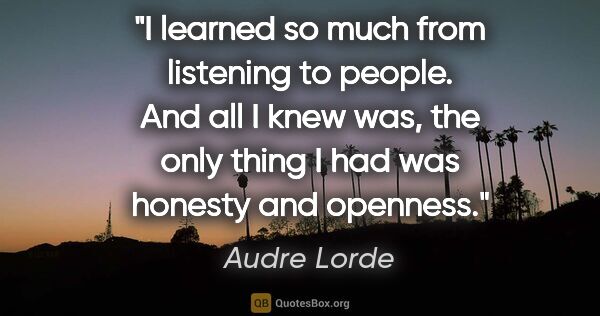Only Quotes (page 397)
After every happiness comes misery; they may be far apart or near. The more advanced the soul, the more quickly does one follow the other. What we want is neither happiness nor misery. Both make us forget our true nature; both are chains--one iron, one gold; behind both is the Atman, who knows neither happiness nor misery. These are states, and states must ever change; but the nature of the Atman is bliss, peace, unchanging. We have not to get it, we have it; only wash away the dross and see it.
Swami Vivekananda


They . . . are . . . so. . . sorry, ” she whispered. “The machine brings back no . . . pictures . . . only the food and air and water. It is programmed . . . as you suggested, Dem Lia . . . to eliminate infestations. They are . . . so . . . so . . . sorry for the loss of Ouster life. They offer the suicide of . . . of their species . . . if it would atone for the destruction.
Dan Simmons
There were many words that you could not stand to hear and finally only the names of places had dignity. Certain numbers were the same way and certain dates and these with the names of the places were all you could say and have them mean anything. Abstract words such as glory, honor, courage, or hallow were obscene beside the concrete names of villages, the numbers of roads, the names of rivers, the numbers of regiments and the dates.
Ernest Hemingway
She was a curious woman, whose dresses always looked as if they had been designed in a rage and put on in a tempest. She was usually in love with somebody, and, as her passion was never returned, she had kept all her illusions. She tried to look picturesque, but only succeeded in being untidy.
Oscar Wilde

We are only seeking Man. We have no need for other worlds. We need mirrors. We don't know what to do with other worlds. A single world, our own, suffices us; but we can't accept it for what it is. We are searching for an ideal image of our own world: we go in quest of a planet, of a civilization superior of our own but developed on the basis of a prototype of our primeval past." -Snow from Solaris by Stanislaw Lem
Stanislaw Lem
Above all, he liked it that everything was one's own fault. There was only oneself to praise or blame. Luck was a servant and not a master. Luck had to be accepted with a shrug or taken advantage of up to the hilt. But it had to be understood and recognized for what it was and not confused with a faulty appreciation of the odds, for, at gambling, the deadly sin is to mistake bad play for bad luck. And luck in all its moods had to be loved and not feared
Ian Fleming
My father had been a copper miner, uncles and grandfathers worked in the mines for the Union Pacific. So to me, sitting at a desk all day was not only a privilege but a duty: something I owed to all those people in my life, living and dead, who'd had so much more to say than anyone ever got to hear.
Barbara Ehrenreich

